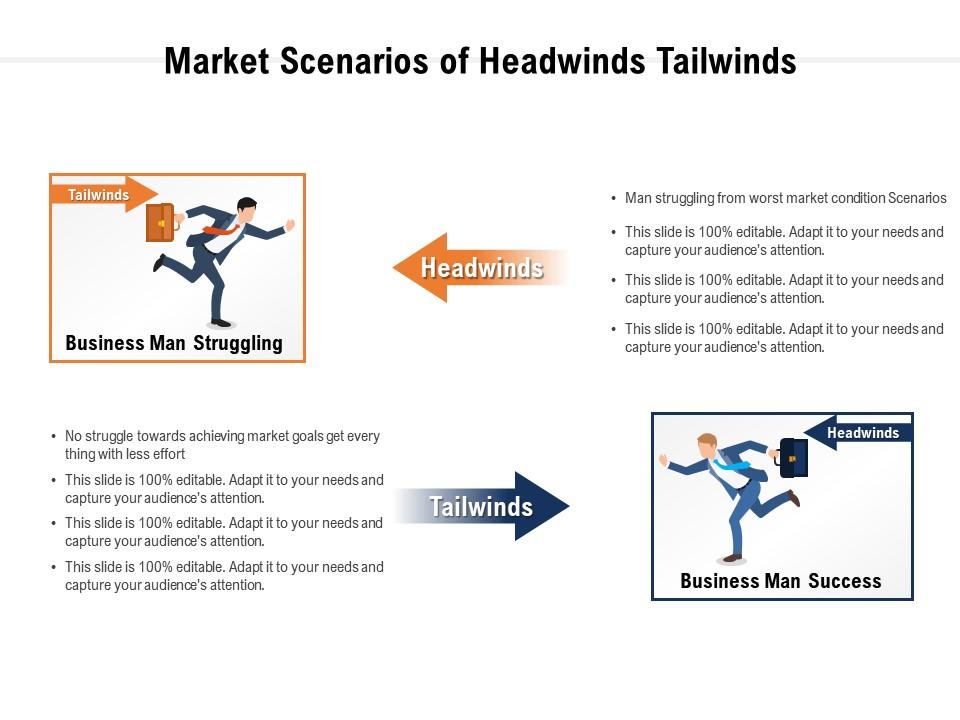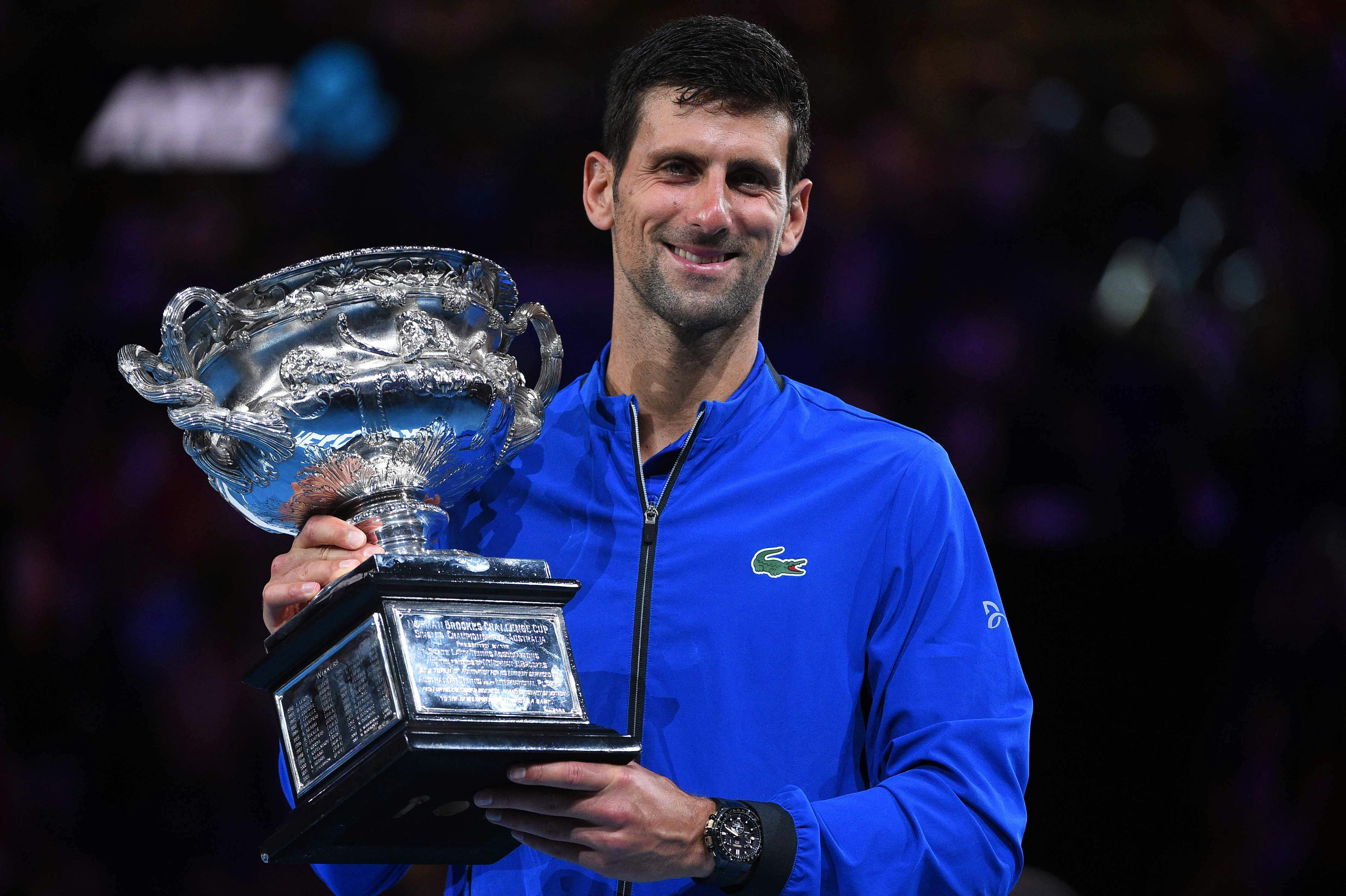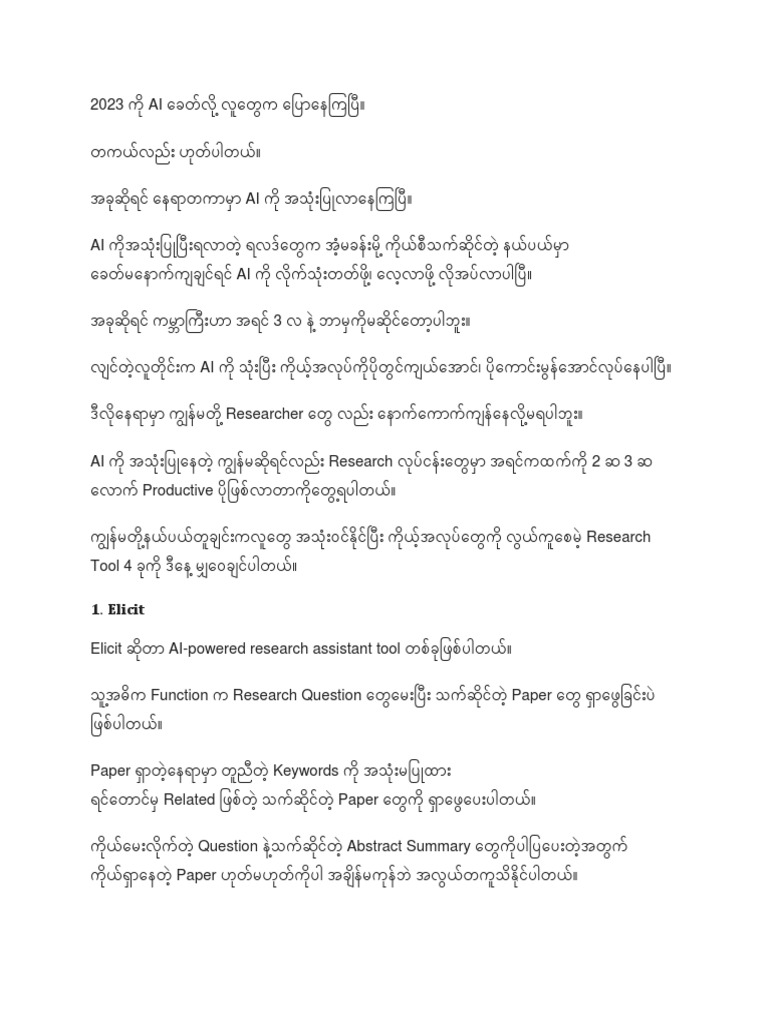China's Impact On BMW And Porsche Sales: Market Headwinds And Strategic Responses

Table of Contents
Economic Slowdown and its Impact on Luxury Car Sales in China
The recent economic slowdown in China has directly impacted luxury car sales. Reduced consumer spending and decreased disposable income significantly affect demand for premium vehicles like BMWs and Porsches. The correlation between GDP growth and luxury car sales is undeniable; as economic growth slows, so does the appetite for high-value purchases.
- Analysis of GDP growth and its correlation with luxury car sales: A slowing GDP directly translates to decreased consumer confidence, impacting spending on discretionary items like luxury cars. Data from recent years clearly demonstrates this inverse relationship.
- Impact on consumer confidence and willingness to spend on high-value items: Economic uncertainty leads consumers to prioritize essential spending, delaying or forgoing purchases of luxury goods. This cautious approach impacts the sales of BMW and Porsche significantly.
- Shifting priorities of Chinese consumers in light of economic uncertainty: Consumers are increasingly prioritizing value and practicality, potentially opting for more affordable alternatives or delaying major purchases until economic conditions improve. This shift necessitates a reassessment of marketing strategies by luxury brands.
Increasing Competition from Domestic and International Brands
The Chinese luxury car market is fiercely competitive. The rise of domestic Chinese brands like NIO, XPeng, and Li Auto, offering technologically advanced and competitively priced EVs, poses a significant challenge. Meanwhile, established international brands continue to vie for market share.
- Growth of Chinese luxury car brands (e.g., NIO, XPeng, Li Auto) and their impact: These domestic brands leverage technological innovation and understanding of local consumer preferences to capture market share from established international players.
- Competitive pricing strategies adopted by both domestic and international brands: The competitive landscape necessitates aggressive pricing strategies, often impacting profit margins for established brands like BMW and Porsche.
- Analysis of market share changes for BMW and Porsche in recent years: Data reveals a slight decrease in market share for BMW and Porsche in recent years, reflecting the intensifying competition.
The Rise of Electric Vehicles and the Shift in Consumer Preferences
The increasing popularity of electric vehicles (EVs) in China significantly impacts luxury carmakers. Government incentives and a growing consumer preference for sustainable and technologically advanced vehicles accelerate the shift towards EVs. BMW's iX and Porsche's Taycan represent their attempts to capitalize on this trend.
- Government incentives and policies promoting EV adoption in China: Significant government support, including subsidies and tax breaks, drives the adoption of electric vehicles.
- Consumer perception of EVs in relation to luxury brands: Chinese consumers increasingly associate luxury with technological innovation and sustainability, making EVs desirable.
- BMW and Porsche's EV strategies in the Chinese market (investment, model offerings): Both brands are heavily investing in their EV offerings and infrastructure in China to remain competitive.
Strategic Responses of BMW and Porsche to the Challenges in China
To address the challenges in China, BMW and Porsche are adapting their strategies. This includes product localization, tailored marketing campaigns, and investment in local production and R&D.
- Examples of successful product localization tailored to Chinese consumer preferences: This could involve customizing features or design elements to cater to the specific tastes of the Chinese market.
- Marketing campaigns specifically designed for the Chinese market: Targeted marketing strategies leverage Chinese social media platforms and influencer marketing to reach potential customers.
- Investment in local manufacturing and research and development in China: Establishing local production facilities reduces costs and improves responsiveness to market demands.
- Expansion of charging infrastructure to support EV sales: Investing in charging infrastructure is vital for the successful adoption of electric vehicles.
Conclusion
China’s impact on BMW and Porsche sales is significant, presenting both opportunities and challenges. Economic slowdowns, heightened competition, and the rise of EVs necessitate strategic responses focused on localization, technological innovation, and targeted marketing. Understanding these dynamics is crucial for the long-term success of these luxury brands in the Chinese market. Stay updated on the latest developments in China's impact on BMW and Porsche sales to understand the future of the luxury car market. Understanding China’s impact on BMW and Porsche sales is crucial for grasping the future of the luxury automotive industry.

Featured Posts
-
 Are The Dodgers Left Handed Batters In A Slump A Performance Review
May 18, 2025
Are The Dodgers Left Handed Batters In A Slump A Performance Review
May 18, 2025 -
 Canadian Tire Acquisition Of Hudsons Bay Potential Benefits And Risks
May 18, 2025
Canadian Tire Acquisition Of Hudsons Bay Potential Benefits And Risks
May 18, 2025 -
 Experience Uber One In Kenya Save Money On Rides And Deliveries
May 18, 2025
Experience Uber One In Kenya Save Money On Rides And Deliveries
May 18, 2025 -
 Tenis Novak Djokovic In Kortlardaki Egemenligi Devam Ediyor
May 18, 2025
Tenis Novak Djokovic In Kortlardaki Egemenligi Devam Ediyor
May 18, 2025 -
 Mit And The Questionable Ai Research Paper Of A Student
May 18, 2025
Mit And The Questionable Ai Research Paper Of A Student
May 18, 2025
